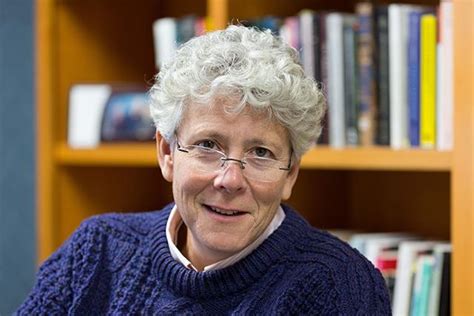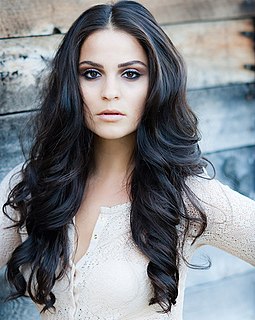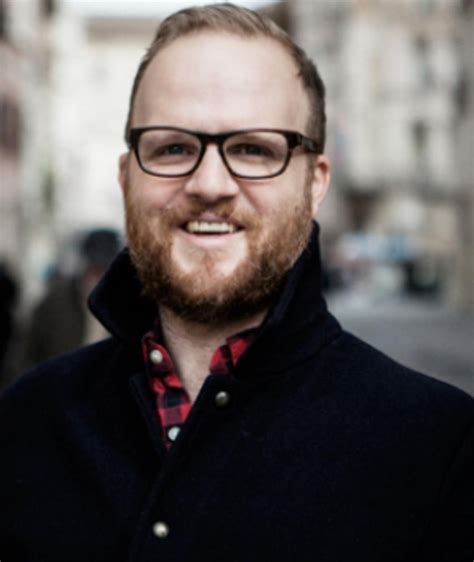A Quote by Gad Saad
Nearly everything that defines much of our daily experiences is consummatory in nature. Yes, we consume products and services. But we also consume life experiences, religious narratives, art, literature, and ideas.
Related Quotes
Mindful consumption is the object of this precept. We are what we consume. If we look deeply into the items that we consume every day, we will come to know our own nature very well. We have to eat, drink, consume, but if we do it unmindfully, we may destroy our bodies and our consciousness, showing ingratitude toward our ancestors, our parents, and future generations.
I think what happens in a religious life is that we have those experiences of affirmation and that one starts to live a Christian life or a Jewish life or a Muslim life or a Buddhist life, by affirming that affirmation each day. Each day you say 'Yes' to that Yes. So the life of being a Christian for example, is always a life of double affirmation, that you each day say 'Yes' to those counter-experiences of saying 'Yes', even when you're not experiencing them at that time, you're remaining loyal to that experience.
Keynesian modelling relies on marginal propensity to consume and marginal propensity to invest. The idea that if we give more money to the poor, they have a propensity to consume that's much higher than the wealthy, though I wish they would talk to my wife about that; she seems to have a propensity to consume.
It is a fact that, in the West, we live in a capitalist society, but that does not mean that we cannot be guided by the idea of a social conscience in our work. Yes, fashion design requires consumers to consume, but we can do our bit for society by running our companies in a socially responsible way, and by creating products that promote respect for social and environmental issues. There is also the possibility for power and influence to be a force for change.
All our thoughts and concepts are called up by sense-experiences and have a meaning only in reference to these sense-experiences. On the other hand, however, they are products of the spontaneous activity of our minds; they are thus in no wise logical consequences of the contents of these sense-experiences. If, therefore, we wish to grasp the essence of a complex of abstract notions we must for the one part investigate the mutual relationships between the concepts and the assertions made about them; for the other, we must investigate how they are related to the experiences.
I believe life experiences are what an actor needs to relate to the character roles they take on, and to say the least, I've had many experiences leading up to this moment. Not only have my experiences become a tremendous asset in my acting, but also they helped me discover who I am and who I want to be.
Generally, I start by observing the existing and popular narratives in my social spheres and media, and the pressures I face in my own life experiences. As someone who is "newly" trans, I am constantly thinking about what the dominant narratives are around transness, how my work can push against these narratives, and how it already falls into these traps.




































